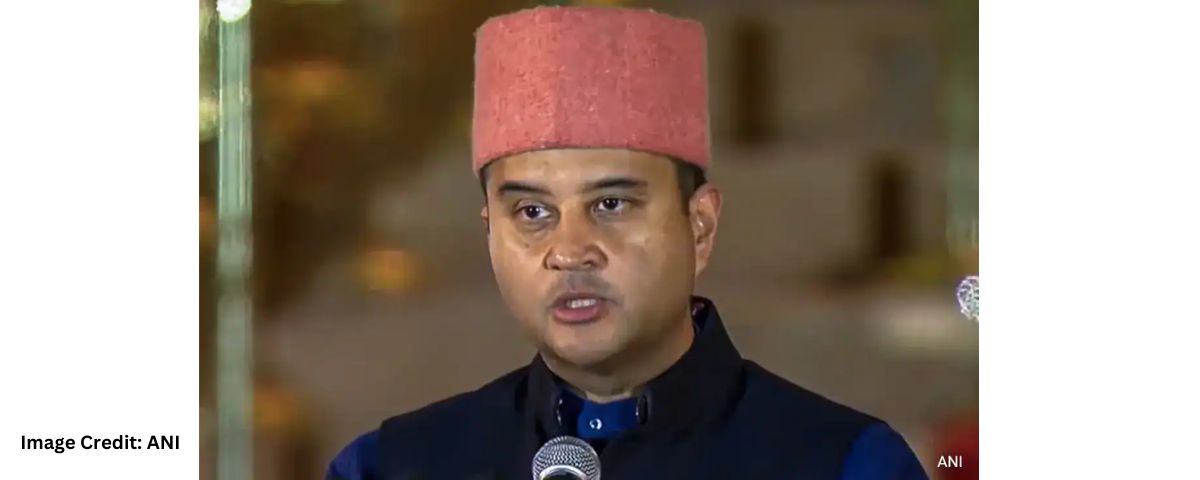
Six-time Member of Parliament Jyotiraditya M. Scindia, a 53-year-old former investment banker, has taken charge as the communications minister in the new government under Prime Minister Narendra Modi. Scindia, who has a history with the telecom ministry, served as the minister of state for telecommunications, posts, and information technology from 2007 to 2009.
“It is also a little bit like coming full circle for me,” Scindia remarked after assuming his new role. He expressed his strong emotional connection to the ministry, where he previously implemented Project Arrow, modernizing Indian post offices with new branding and IT-enabled procedures.
Scindia holds a bachelor’s degree in economics from Harvard University and an MBA from the Graduate School of Business, Stanford University. Before entering politics, he worked as an investment banker at Morgan Stanley and Merrill Lynch.
Top Priorities
Scindia’s first tasks in his new role include overseeing the upcoming spectrum auctions, which have been postponed twice due to the Lok Sabha election and are now expected to start on June 25. The previous spectrum auction generated a record ₹1.5 trillion for the government.
Another critical area of focus will be the implementation of rules under the new telecom law enacted in December 2023. These rules will include the method for allocating spectrum for satellite broadband-based communications, essential for the growth of this segment in India.
Additionally, Scindia will prioritize the launch of BSNL’s commercial 4G and 5G services and the ongoing revival of Vodafone Idea, the third-largest operator in India. The government is the largest shareholder in Vodafone Idea, to which the company owes a significant portion of its ₹2.1 trillion debt. The demand for connectivity in India is rising, with the total number of telephone subscribers increasing by 1.88% to 1.16 billion in March 2024 from 1.14 billion in March 2023, according to the telecom regulator.
Previous Achievements
Scindia previously served as the minister of civil aviation from July 2021, where he successfully persuaded states to reduce the value-added tax on aviation turbine fuel, significantly lowering costs for Indian airlines. He also led stakeholder discussions on creating a global aviation hub in India and addressed congestion issues at major airports.
His persistent efforts in the aviation sector, which resulted in considerable tax reductions and strengthened the industry, set a hopeful precedent for his tenure in the telecom sector.



